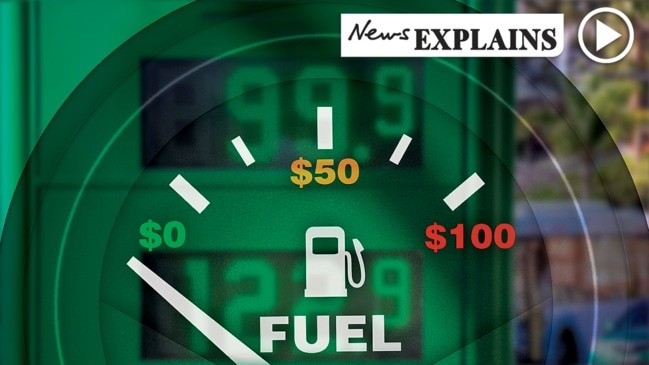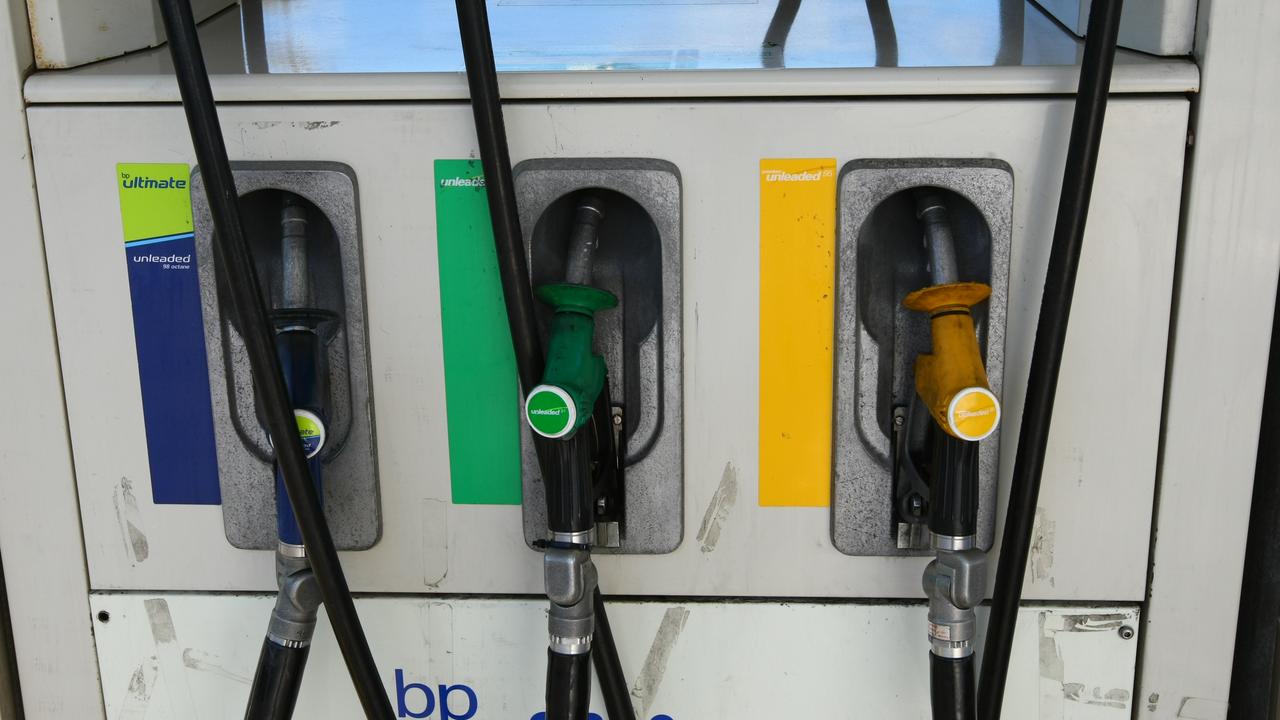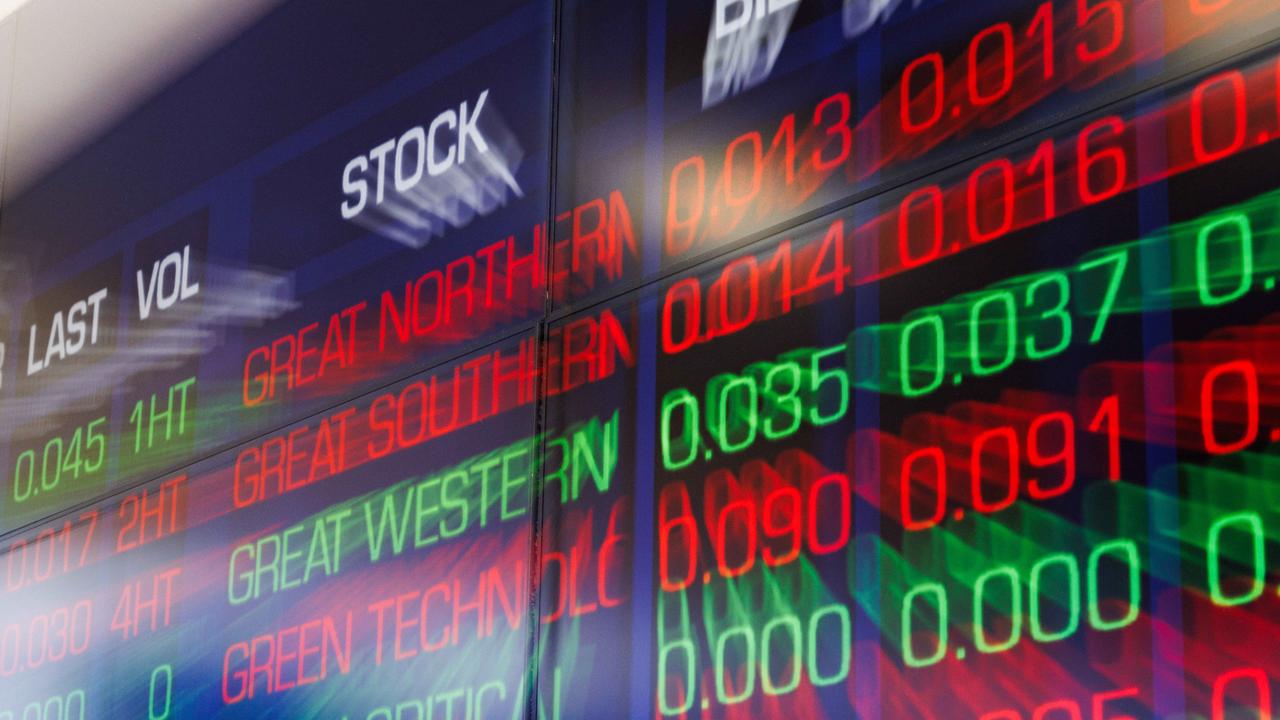Petrol prices to drop after coronavirus fears sparks price war
Petrol could drop to $1 a litre in Australia after a price war ignited between Saudi Arabia and Russia amid coronavirus fears.

Petrol prices in Australia are expected to drop — possibly as low as $1 a litre — after Saudi Arabia started a price war with Russia on Monday.
Oil prices plunged by more than 20 per cent amid concerns that the coronavirus outbreak will see demand for energy falling as people cut back on travel.
Prices are falling as Saudi Arabia, Russia and other oil-producing countries argue about how much to cut production in order to prop up prices.
The Organisation of the Petroleum Exporting Countries (OPEC) suggested cutting back oil production to stabilise falling prices but Russia, the world’s second-largest producer, did not seem to be on board.
It led to Saudi Arabia, the world’s biggest oil exporter, slashing its official selling prices and pledging to release more supply onto the market in an attempt to punish Russia.
The price war saw prices for brent crude, which is the international standard, fall by 25.3 per cent to $33.83 per barrel, and the benchmark US crude drop by 26.1 per cent to $30.49.
It’s the biggest price fall for oil since 1991.
The price drop is expected to flow through to cheaper petrol prices in Australia.
CommSec chief economist Craig James predicting petrol prices could drop to $1 a litre.
“The ready-reckoner is that every US$1 a barrel fall in the oil price leads to a 1.0 cent fall at the petrol bowser. Provided the Aussie dollar is reasonably stable, motorists may be able to look forward to filling up for near $1 a litre,” he wrote in a research note.
Fuel prices in Australia’s capital cities on Sunday ranged from an average of $1.19 a litre in Adelaide to $1.536 in Hobart, according to Motormouth.com.au. In Sydney, petrol was selling for $1.248, while it cost an average of $1.239 in Melbourne.
RELATED: Australian share market plunges to ‘horrific’ depths
RELATED: Two Sydney schools closed after three students infected
RELATED: Toilet paper is ‘like gold’ as coronavirus fears spread

Treasurer Josh Frydenberg today urged consumer watchdog Australian Competition and Consumer Commission (ACCC) to ensure lower oil prices were passed on at petrol pumps.
Mr Frydenberg said he had spoken to ACCC chair Rod Sims on Monday about the organisation’s role in monitoring prices at the bowser.
“I wanted to re-emphasise to the ACCC the importance of holding the oil retailers to account in ensuring that Australians get the benefit from the lower oil prices,” he told reporters in Canberra.
“They have assured me that they will not only maintain their monitoring role and the vigilance that that involves.
“They’ll also be calling out any energy companies that don’t pass on the reduction in the wholesale price to the Australian consumer.”
RELATED: Follow the latest updates on coronavirus
Saudi Arabia, Russia, and other major producers last battled for market share like this between 2014 and 2016 to try to squeeze out production from the United States, now the world’s biggest oil producer as flows from shale oil fields doubled the country’s output during the last decade.
“Saudi Arabia and Russia are entering into an oil price war that is likely to be limited and tactical,” Eurasia Group said in a note.
“The most likely outcome of this crisis is entrenchment into a painful process that lasts several weeks or months, until prices are low enough to … some form of compromise on resumed OPEC+ production restraint,” Eurasia said.



